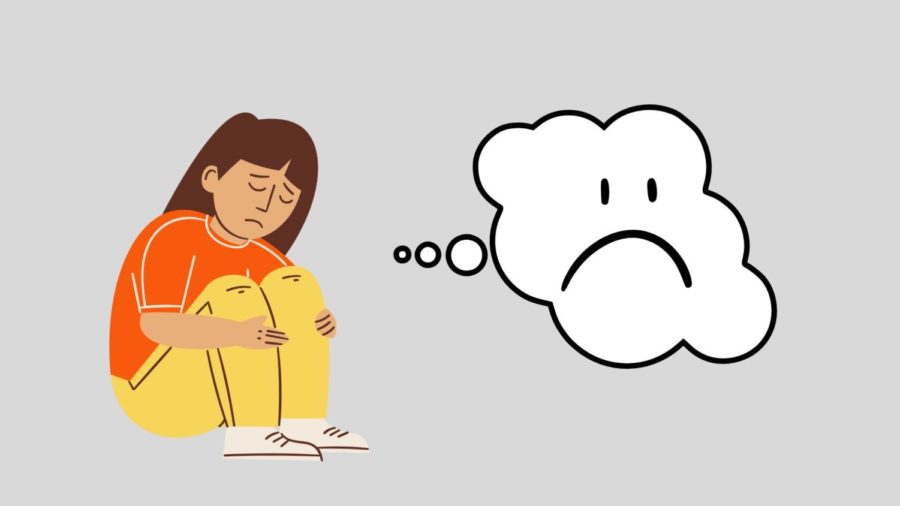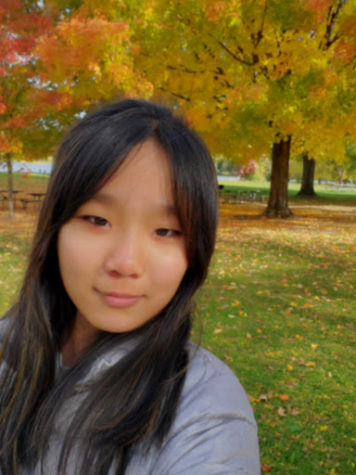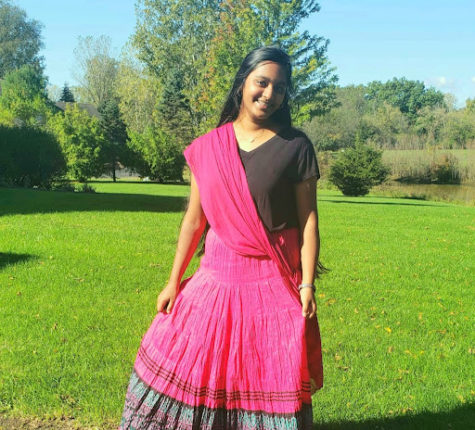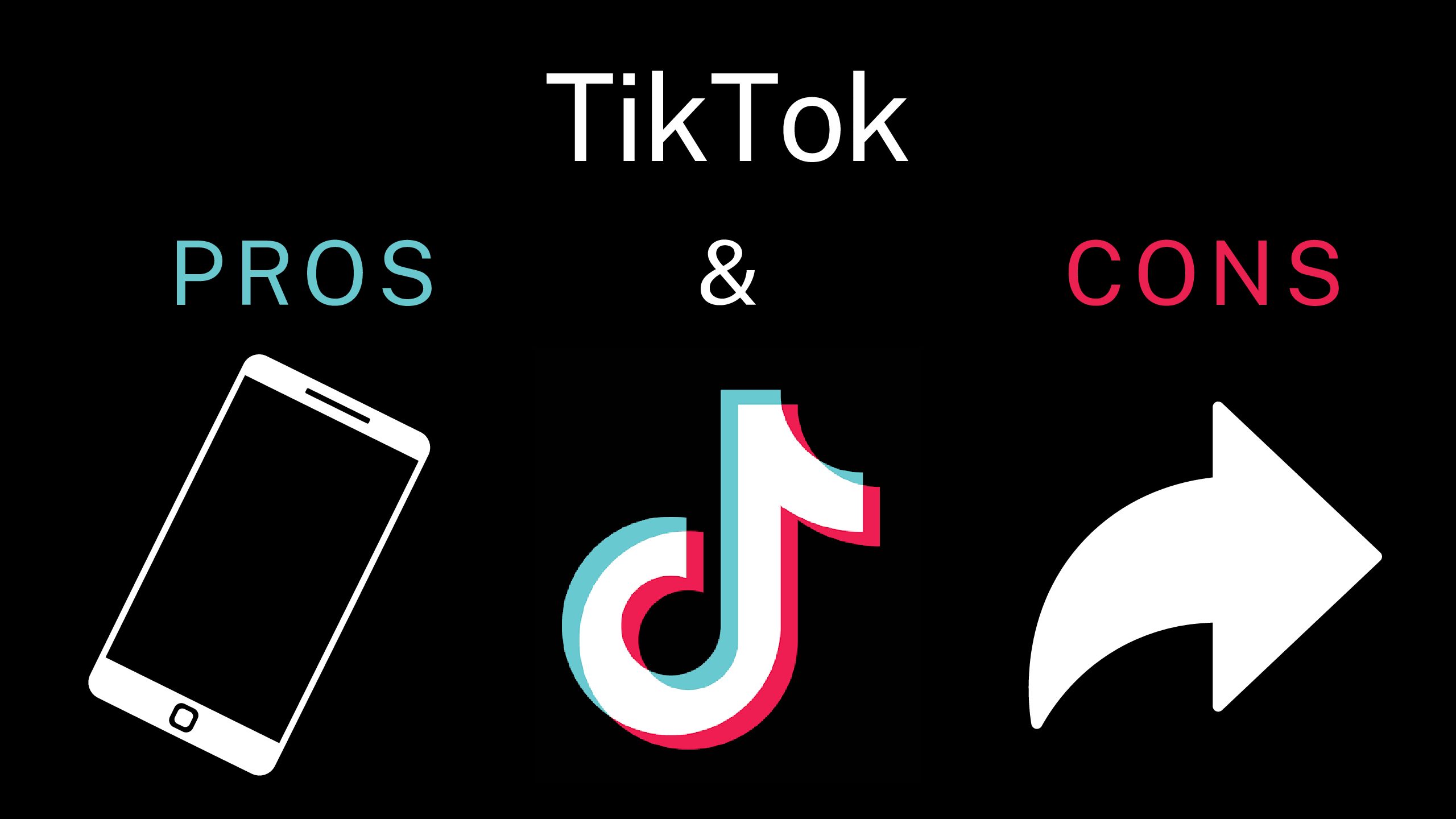The Misappreciation of Asian Culture
We should all respect, embrace, and appreciate the unique and beautiful cultures that we are made up of.
November 11, 2022
Lately, Asian culture seems to be everywhere. Whether it’s douyin makeup tutorials on TikTok, Netflix Kdramas, anime cosplays, yummy foods, or K-Pop music videos on Youtube, it’s no secret these trends are starting to grab our attention and influence our everyday lives. However, it isn’t as simple as it sounds. What exactly is Asian “culture”? How can someone go from enjoying a certain genre of music or following a makeup tutorial to disrespecting and “misappreciating” Asian culture?
First of all, let’s start by discussing the word “culture”. What exactly is it? The Oxford dictionary defines it as “The customs, arts, social institutions, and achievements of a particular nation, people, or other social group.” Below, it gives us some examples of similar words: civilization, society, way of life, customs, traditions, heritage, habits, and values. However, none of these descriptions seem to quite fully or accurately represent the videos and media we see online. So, let’s look into the meaning of cultural entertainment: “The act of embracing the tradition of a country or group’s rich history and making it accessible and engaging to the masses.” The last part is evident, as Asian culture has been rapidly increasing in popularity all over the world. Yet the words that stand out to me the most in both definitions are words like tradition and history. So what does this have to do with TikTok or K-Pop?
Before we inspect this topic, let’s approach a similar subject: looks. While the media publishes and circulates thousands of videos and clips every day, they all seem to have one thing in common: beautiful men and women with flawless skin and perfect bodies that we can’t help but wish we had. According to society, the “ideal” Asian has smooth white skin, huge, child-like double-lidded eyes, chubby cheeks and glossy black hair. But what exactly is “ideal”?
The word “Ideal”, doesn’t mean standard or average, despite our common assumptions and beliefs. Instead, it is described as “satisfying one’s conception of what is perfect; most suitable.” Despite all the trends and tutorials on getting “adorable asian double-eyelids” or a “perfect, slim, K-pop idol body”, being Asian isn’t solely based on looks. When we assume or stereotype things about someone’s culture, we can actually end up disrespecting them, usually without even realizing it. This becomes a very problematic issue when people (who don’t originate or have ancestors originating from the Asian continent) obsess over Asian culture and identify themselves as “Asian” without fully appreciating and understanding the rich culture, history, and traditions that come with it. These people label all Asians as looking like or behaving a certain way, such as eating ramen to become “more asian”, acting cutely in front of others, usually in order to gain something (called aegyo in korean), or thinking all Asians have certain features like having double eyelids or having naturally cute personalities. These people then try to copy and imitate these behaviors, usually for attention-seeking purposes. This leads to the “misappreciation”of Asian culture.
So, does that mean we shouldn’t use Asian products or do things influenced by Asian culture? No, of course not. While there are many problematic people who denounce their own ethnicities and identify themselves as “pure, 100% Asian”, there are also many people who simply enjoy or are curious about things relating to Asian culture. Listening to a particular type of music, learning a certain language, or eating foods originating from Asia doesn’t mean you are disrespecting someone’s culture. In fact, this can actually help spread awareness and appreciation about someone’s culture and help us understand each other better.
However, we must understand that a person’s culture may not always be based on their outward appearance. For example, dressing and altering your body to make yourself look more like the “ideal” Asian, or speaking a certain language doesn’t automatically make you “more” Asian. This not only applies to Asia, but every culture. All cultures are shaped by unique traditions, history, achievements, and values that we should be proud of. Additionally, when people think of Asia, another common misconception is that people think Asians are people from countries like China, Japan, or Korea. In reality, there are actually 48 countries that make up the Asian continent. However, some people simply assume otherwise, which leads to many stereotypes that group everyone belonging to a particular culture as one single idea. It wouldn’t make sense for a person to solve a math problem without fully understanding what it means, wouldn’t it? So, while there is no distinct and clear line that defines someone’s identity, we should all remember and learn to respect, embrace, and appreciate the unique and beautiful cultures that we are made up of.








